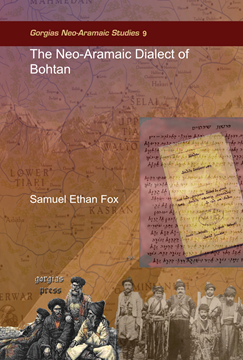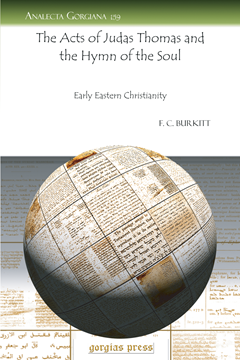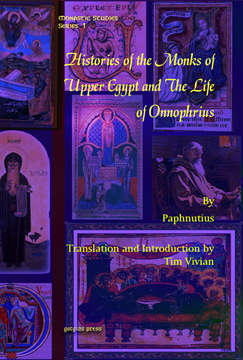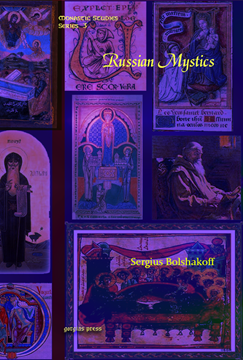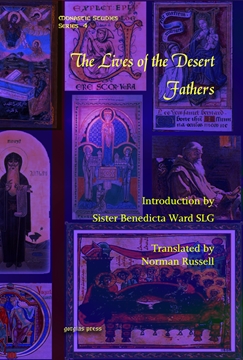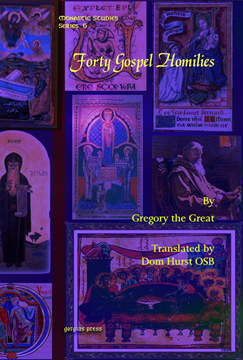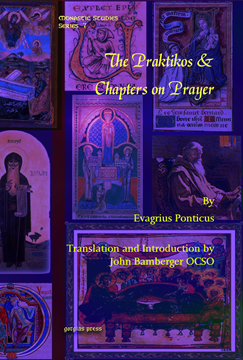The Neo-Aramaic Dialect of Bohtan
Series: Gorgias Neo-Aramaic Studies 9
ISBN: 978-1-60724-133-1
This volume describes the Neo-Aramaic dialect spoken by descendants of Christian villagers from a district in Southeast Turkey, now largely resident in Russia. This volume is based on fieldwork carried out by the author in Russia, Georgia, and the United States. The volume contains a historical introduction, a grammatical description, transcribed and translated texts, and a glossary with etymological notes.
$160.00 (USD) $96.00 (USD)
The Jewish Neo-Aramaic Dialect of Sanandaj
Series: Gorgias Neo-Aramaic Studies 10
ISBN: 978-1-60724-134-8
This volume presents a description of the Neo-Aramaic dialect that was spoken by the Jews of Sanandaj in western Iran, but which is now virtually extinct. The material for the volume was gathered firsthand in fieldwork conducted with the last remaining speakers in Israel. The volume consists of a detailed grammatical description, a corpus of transcribed texts, including folktales, historical accounts and portrayals of customs, and an extensive glossary.
$243.00 (USD) $145.80 (USD)
The Acts of Judas Thomas and the Hymn of the Soul
Early Eastern Christianity
Series: Analecta Gorgiana 159
ISBN: 978-1-60724-136-2
Originally delivered as one of the St. Margaret’s Lectures for 1904, the contents of this booklet are focused on aspects of the Syriac-speaking Church. Extracted from Burkitt’s book Early Eastern Christianity, the sixth lecture examines the ancient Syriac novel, The Acts of Judas Thomas. Embedded within that story is a Gnostic Hymn of the Soul, to which Burkitt pays special regard.
$39.00 (USD) $23.40 (USD)
Histories of the Monks of Upper Egypt and The Life of Onnophrius
By Paphnutius; Translation and Introduction by Tim Vivian
Series: Monastic Studies Series 1
ISBN: 978-1-60724-142-3
Far from the Christian metropolis of Alexandria, removed from the well-known and much–visited monastic settlements of the Thebaid, and infintely remote from Rome, lay the garrison towns of Aswan and Philae. There Christians and pagans coexisted. Integral to the christian community on this desert frontier of Empire were the local monks–ascetics, intercessors, and miracle workers.
$163.00 (USD) $97.80 (USD)
Ascetic Discourses
By Abba Isaiah of Scetis; Translation and Introduction by John Chryssavgis & Pachomios (Robert) Penkett
Series: Monastic Studies Series 2
ISBN: 978-1-60724-143-0
Written in the fifth century, during one of the most formative periods of Christian monasticism in Egypt and Palestine, The Ascetic Discourses show a strong influence of the Scripture, both Old and New, and of Early monastic writers. Abba Isaiah has set forth a practical guide for monks, ever aware of the challanges that interpersonal relationships present within monastic communities.
$177.00 (USD) $106.20 (USD)
Russian Mystics
Series: Monastic Studies Series 3
ISBN: 978-1-60724-144-7
A panorama of Russian Christian spirituality, richly illustrated with passages from formative works.
$181.00 (USD) $108.60 (USD)
The Lives of the Desert Fathers
Introduction by Sister Benedicta Ward SLG; Translated by Norman Russell
Series: Monastic Studies Series 4
ISBN: 978-1-60724-145-4
Eyewitness accounts of the lives and teachings of the fourth-century Desert Fathers from the Historia monachorum in Aegypto.
$131.00 (USD) $78.60 (USD)
The Life of Isaac of Alexandria & The Martyrdom of Saint Macrobius
By Mena of Nikiou; Translation and Introduction by David N. Bell
Series: Monastic Studies Series 5
ISBN: 978-1-60724-146-1
Separated by schism from Greek and Latin Christians and surviving under Islamic suzerainty, the Church of Egypt produced insightful saints and heroic martyrs in a chapter in church history now opened to readers of English for the first time.
$152.00 (USD) $91.20 (USD)
Forty Gospel Homilies
By Gregory the Great; Translated by Dom David Hurst OSB
Series: Monastic Studies Series 6
ISBN: 978-1-60724-147-8
At the dividing line between Antiquity and the Middle Ages, scholar-diplomat-pastor-writer-pope Gregory the Great drew on his profound knowledge of Scripture and his personal experience to preach the Gospel. These forty homilies show the practical concerns Gregory faced as well as the theological expectations he had of his flock.
$181.00 (USD) $108.60 (USD)
The Praktikos & Chapters on Prayer
By Evagrius Ponticus; Translation and Introduction by John Eudes Bamberger OCSO
Series: Monastic Studies Series 7
ISBN: 978-1-60724-148-5
The living link through whom the ascetic principles of hellenistic philosophers passed into monasticism, Evagrius molded Christian asceticism through his own works and through his influcence on John Cassian, Climacus, Pseudo–Denis, and Saint Benedict.
$142.00 (USD) $85.20 (USD)
